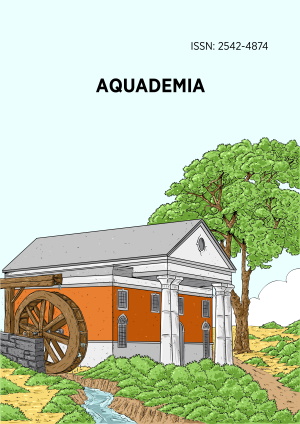Abstract
Knowledge and awareness on the natural resources among elementary and high school students are important attributes for future resource conservation and management. However, the enslaving features of gadgets and technologies has shifted the focus of the students away from nature-based knowledge and has motivated the government to integrate environmental education (EE) to the basic education programs. However, its implementation has not been successful due to lack of teaching materials and limits on teachers’ capabilities. As such, it was found out that knowledge of elementary, junior high school (JHS) and senior high school (SHS) students on the native and unique natural resources of Bicol Region are almost the same, with an average score of 40%. But intervention through the use of EE teaching materials developed from the research publications and reports of Bicol University Tabaco Campus faculty-researchers showed that an increase of 31%, 21%, and 28% have been observed for elementary, JHS, and SHS students, respectively. However, a significant difference (p<0.05) was observed between high schoolers from urban setting as compared to the upland and island students with regards to the prior knowledge on natural resources, on the other hand, significant change was also observed in the increase of knowledge in upland (30% increase for JHS, and 42% for SHS) and island students (22% and 27% for JHS and SHS, respectively) as compared to the urban students (12% and 17% for JHS and SHS, respectively). No differences were observed for the elementary students across sites. Several factors were identified to influence knowledge and awareness of students such as, access to internet and mass media, exposure to local situations and prior knowledge, and influence of family and community.
Overall, knowledge and awareness of elementary and high school students on the local natural resources are relatively low but existence of local and relevant EE learning materials can help increase them. It is therefore, recommended that EE through the KADUNUNG program should be institutionalized to improve knowledge and awareness of students in Tabaco City.
License
This is an open access article distributed under the Creative Commons Attribution License which permits unrestricted use, distribution, and reproduction in any medium, provided the original work is properly cited.
Article Type: Research Article
AQUADEMIA, Volume 7, Issue 1, 2023, Article No: ep23002
https://doi.org/10.30935/aquademia/13118
Publication date: 26 Mar 2023
Article Views: 1190
Article Downloads: 2008
Open Access References How to cite this article
 Full Text (PDF)
Full Text (PDF)